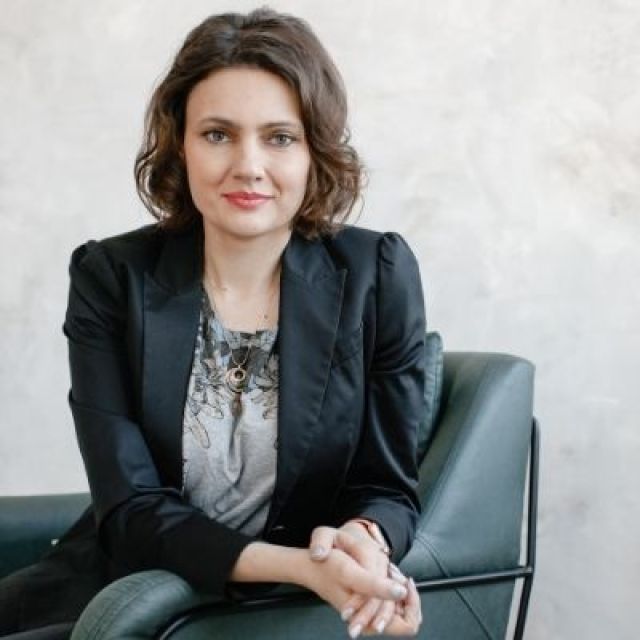Executive coach & mentor for leaders and teams going through transformations.
I have 15 years of experience in people and organizational development. I'm a professional coach, team coach, and people leader, and I help executives succeed in their leadership roles. My business background includes global organizations like Deloitte and Swedbank. My educational background is Law and Philology.
As an executive and team coach, I work with international teams and leaders (US, Australia, Peru, Nicaragua, Sweden, Latvia, Zimbabwe). I am an ICF Professional Certified Coach and hold EMCC individual team coaching accreditation (ITCA)
I am also an HR and Leadership Speaker at MSU Business School.
My Mentoring Topics
virtual teams
remote communications
management
remote leadership
HR
Organizational Design
remote communications
management
remote leadership
HR
Organizational Design
